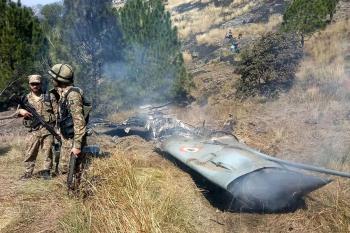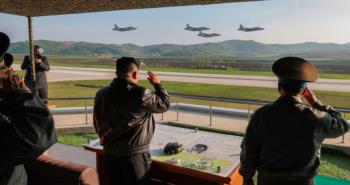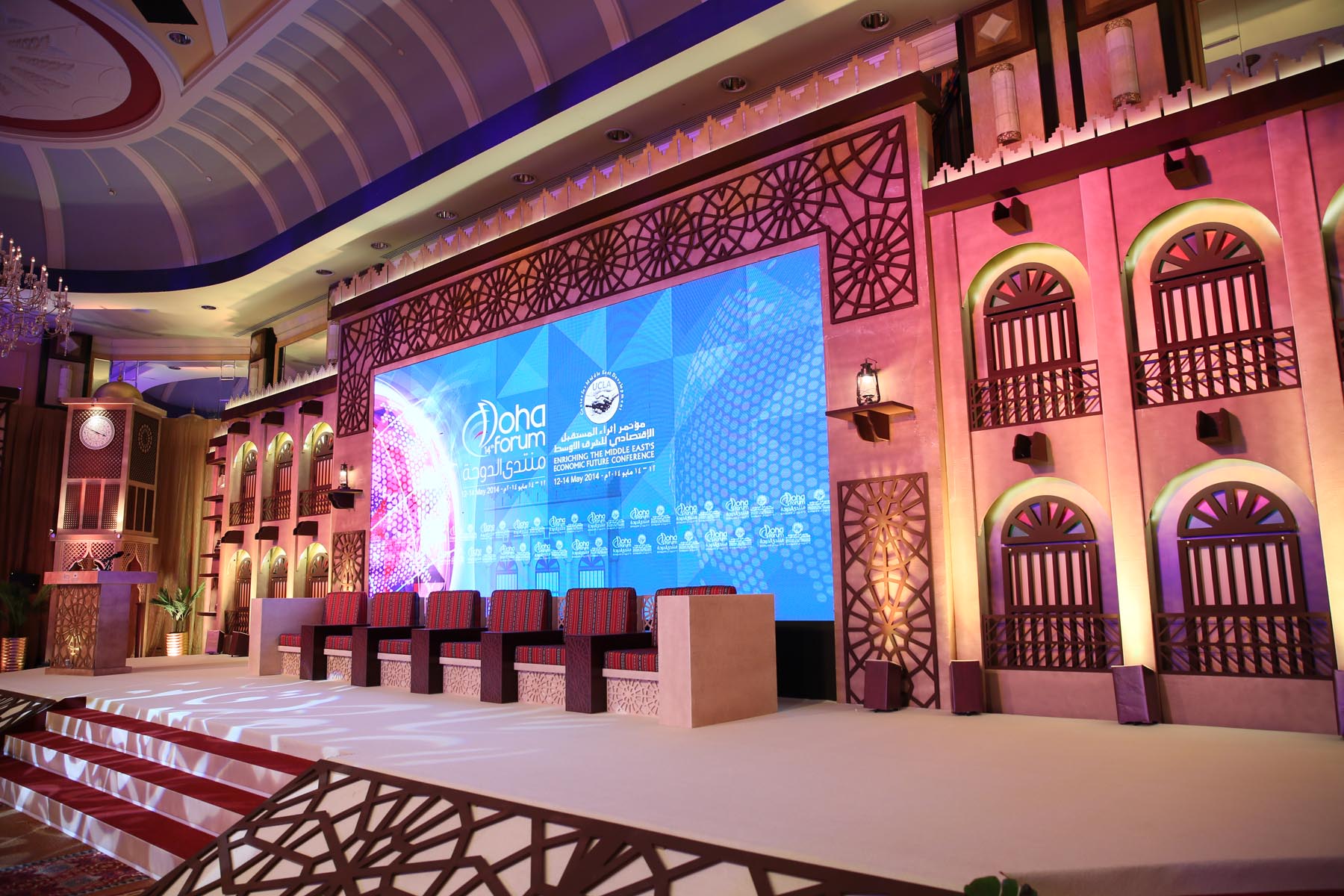Alwaght-The 14th Doha International forum for democracy, development, and free trade under the patronage of the Emir of Qatar, Sheikh Tamim, was not attended by delegations from Saudi, Egypt, and Emirates. On April 18, Foreign ministers of Persian Gulf Cooperation Council met to defuse tensions between Qatar and other countries of PGCC, but any delegation from Saudi, UAE, and Egypt has not attended 14th Doha Forum to show that difference among them are too deep to be defused through holding a reconciliation meeting.
Four following reasons can be considered as the roots of differences between Qatar and Saudi along with its allies.
1. Qatar support for Muslim Brotherhood and its allies throughout Mideast particularly in Egypt financially and by its TV channel, Al Jazeera.
2. Saudi regime's greed for domination over Arab countries in the Middle East. Saudi has repeatedly insisted on transforming Persian Gulf Cooperation into a Union. To transform a Council into a Union, some prerequisites are needed such as selecting a leader. Indeed, Al-Saud has raised such an idea to pursue its colonial policy through obtaining leadership of this Union.
3. Qatar-based Al Jazeera's disclosures against some Arab Monarchs in the region particularly Al Saud. For example, Al Jazeera broadcasted a debate on Saudi Arabia’s policy on the Palestinian question in 2002, shortly after the unveiling of a peace initiative for the Israeli-Palestinian conflict by King Abdullah, who was then the crown prince. The debate included fierce criticisms of Saudi ruling family, and Saudis, deeply offended and responded by withdrawing their ambassador from Qatar.
4. Al Saud has planned to engage Qatar in the regional crises including in Iraq and Syria. Saudi regime has stimulated Qatar to meddle in other countries internal affairs and to support terrorist groups that made numerous problems for Al Thani Monarchy and distorted their anti-terrorism reputation in the world. Accordingly, Sheikh Hamad handed power to his son Sheikh Tamim in order to compensate for the great loss they have suffered and escape Al Saud's trap set for them.
All abovementioned reasons led to deep-rooted disputes between Qatar and Saudi and consequently Saudi's allies. Accordingly, in the one hand, Al Saud has threatened to cut off Qatar's only land border, close its airspace to Qatari planes, and impose sanctions on Qatar. On the other hand, UAE, a close ally to Saudi regime, has threatened to blockade Qatar by air to force Al Thani to change its policies.
Although Qatar is the world's biggest exporter of liquefied natural gas and world's richest country per capita and can buffer much of the damage potentially due to such a blockade, Qatar's dependence on Saudi land border and on food from Saudi & UAE leaves it vulnerable.
To tackle this problem, Qatar has shown indication of dropping support for Muslim Brotherhood and revising its Al Jazeera's approach towards the region's Monarchs. However, it seems that these changes in Qatar foreign policy are not strategic. Qatar tries to by time to develop close relations with other regional powers such as Iran and Russia as alternatives for Saudi regime as well as its allies.



























